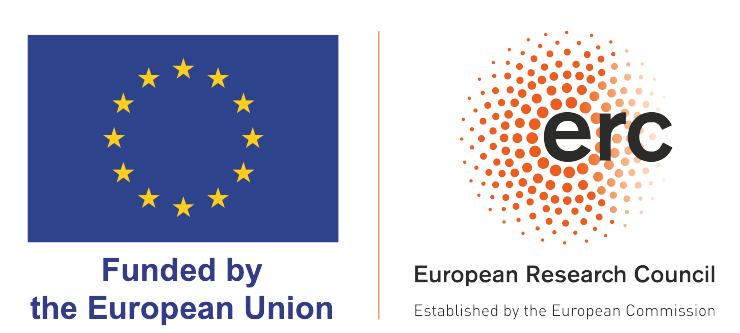This is the first of five annual symposia organised by the ERC-funded LiTra project.

Viewpoints to the past is the first of five annual symposia to be held as part of the ERC-funded research project Linguistic Traces: low-frequency forms as evidence of language and population history (LiTra). All presenters are connected to the project and bring in different viewpoints to the study of past languages and people in northwestern Europe: from medieval English, Norwegian and history, place-names and historical geography.
The symposium is open to all interested, and you are welcome to attend all or parts of it, but please do not enter or leave during talks. Registration is not required.
0900 Welcome
0915 Geir Bergstrøm, Kjetil V. Thengs, Fatima Ghasemi, Fredrick Niklas Hansen, Synne Tungland, Chloé Urso and Merja Stenroos (UiS), A Corpus of Middle English Local Documents: building a resource for the study of the past
1000 Coffee break
1030 Merja Stenroos (UiS), Finding linguistic traces: what do we need to do with the corpus in order to carry out the LiTra project?
1100 Kathryn A. Lowe (University of Glasgow), Unexpected item in tagging area: text transmission and micro-features
1130 Oliver Traxel (UiS), Old English words in modern contexts: the resurrection or reforming of extinct lexical items
1200 Lunch break
1300 Carole Hough (University of Glasgow), Linguistic puzzles in Berwickshire place-names
1345 Klaus Johan Myrvoll (UiS), The Norwegian–Icelandic dialect continuum in the Middle Ages: micro-variation within a larger system?
1415 Roderick Dale (UiS), Warrior identity and the post-medieval othering of the Vikings
1445 Coffee
1515 Keith Lilley (Queen’s University, Belfast), Sequencing the city: mapping and modelling a phylogenetics for medieval urbanism (1000-1400 CE)
1600 Martti Mäkinen (Hanken School of Economics, Helsinki), Exploring formulae in Middle English documents: a stylometric approach
1630 Symposium closing

Funded by the European Union. Views and opinions expressed are however those of the author(s) only and do not necessarily reflect those of the European Union or the European Research Council Executive Agency. Neither the European Union nor the granting authority can be held responsible for them.